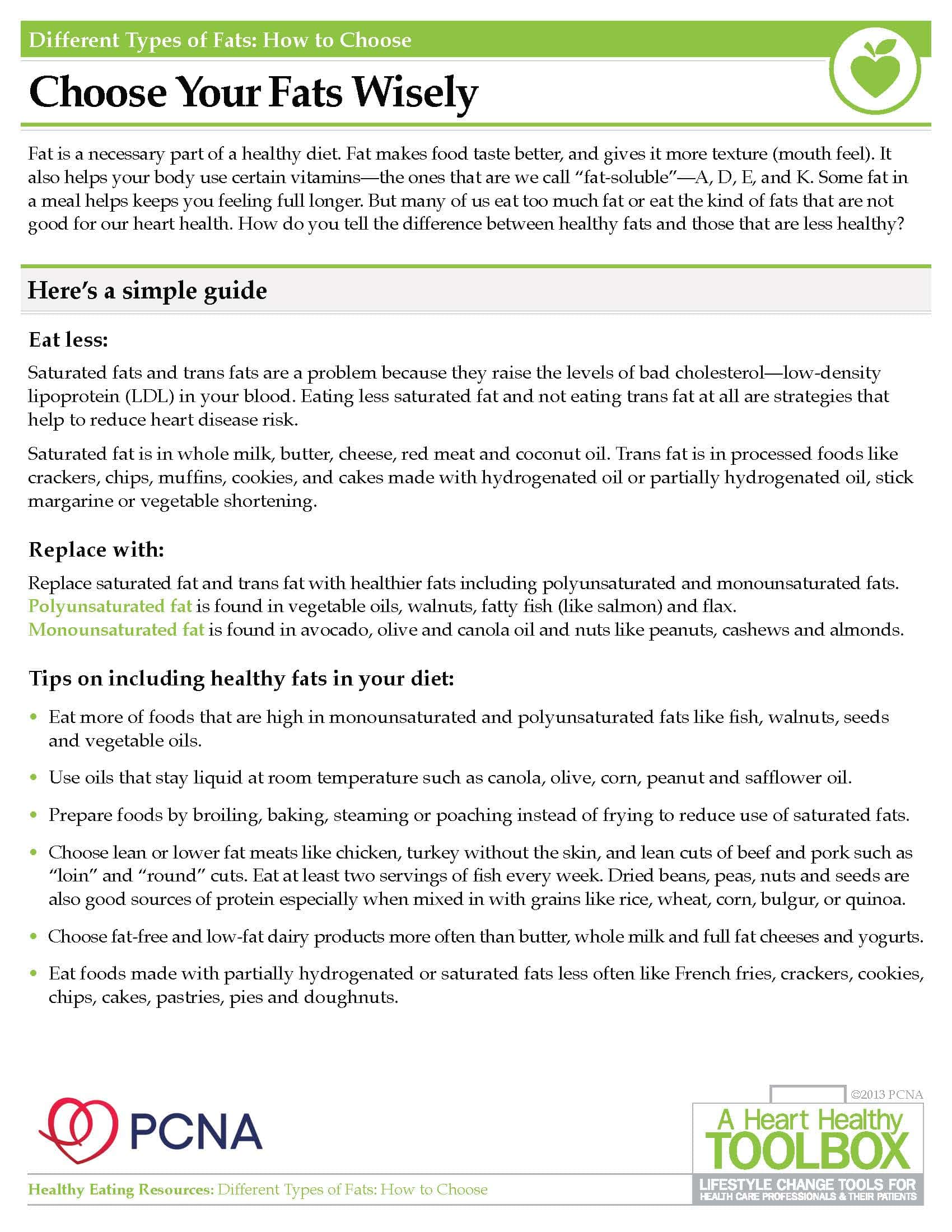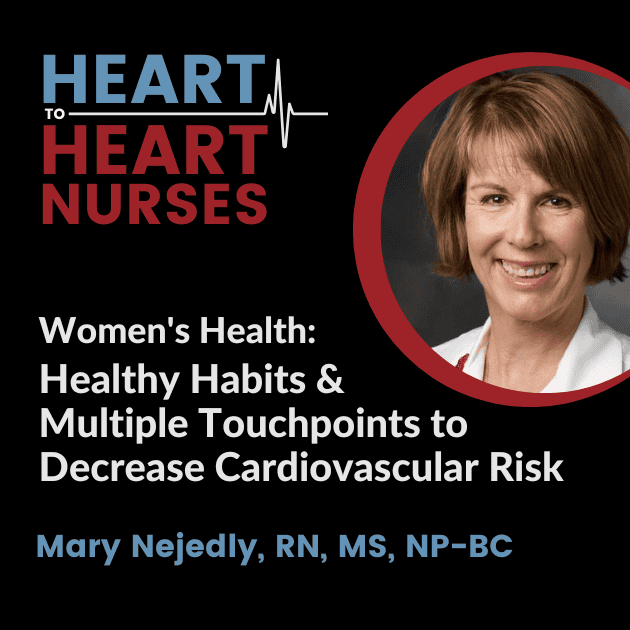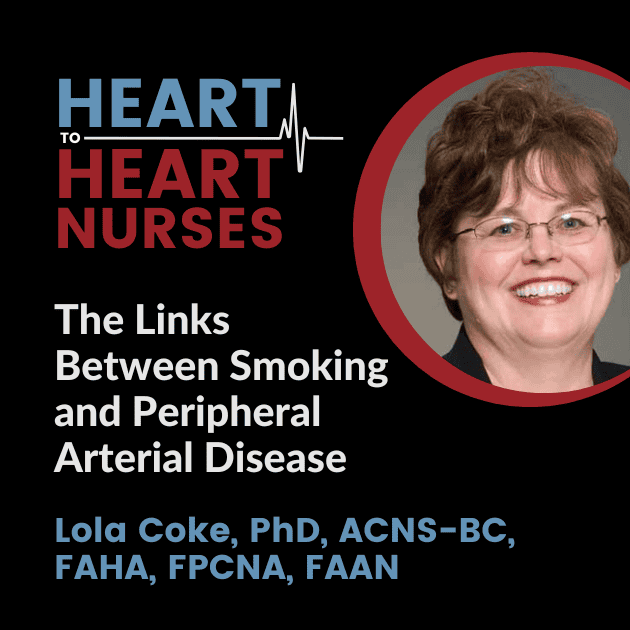About Lifestyle and Behavior Change
Lifestyle and behavior changes are among the most effective interventions for preventing and managing cardiovascular disease (CVD), the leading cause of death globally. Risk factors such as poor diet, physical inactivity, smoking, excessive alcohol consumption, and chronic stress significantly contribute to the development and progression of CVD.
Nurses play a pivotal role in encouraging and supporting patients to adopt healthier lifestyles, which can lead to substantial improvements in cardiovascular health and overall well-being.
Resources

Courses
0 CE contact hours
0 Pharmacology contact hours
Free
0.75 CE contact hours
0 Pharmacology contact hours
Free
1 CE contact hours
0 Pharmacology contact hours
Free
1 CE contact hours
1 Pharmacology contact hours
Free
0 CE contact hours
0 Pharmacology contact hours
Free
0.83 CE contact hours
0 Pharmacology contact hours
Free
News
Impact of Processed Food on Heart Health
March 14, 2024
Using Text Messaging for Tobacco Cessation in Rural Populations
December 15, 2023
Diabetes Care and Cardiovascular Health: A Three-part Podcast Series
November 01, 2023
Podcast Episodes

Lifestyle and Behavior Change, Risk Assessment and Management, Women and Heart Disease
Women’s Health: Healthy Habits and Multiple Touchpoints to Decrease Cardiovascular Risk

Lifestyle and Behavior Change, PAD
The Links Between Smoking and Peripheral Arterial Disease

Lifestyle and Behavior Change





